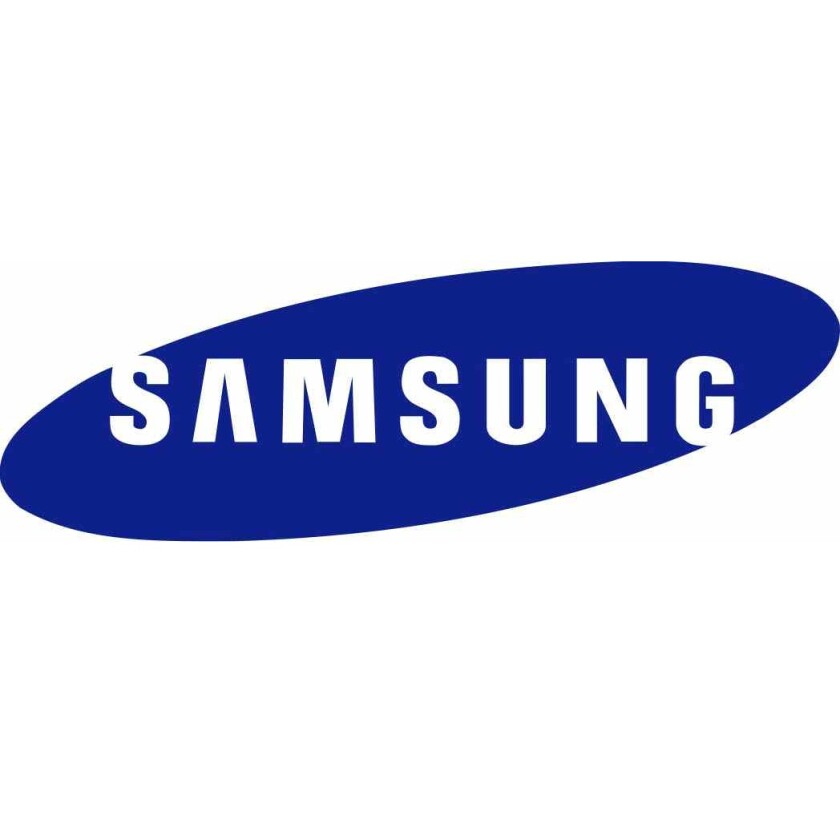Also on the blog in the past week were:
Expert witnesses in patent litigation around the world
INTA Brussels marks 10th anniversary with Digital World conference
We’ve also posted the following articles in the past week (log in via subscription or free trial):
Live from Palo Alto: the 2016 International Women's Leadership Forum
UK to ratify UPC Agreement despite Brexit - reaction (UPDATED)
Analysing the Federal Circuit’s Unwired Planet ruling on CBMs at the PTAB
New opportunities for global brand owners
Brazil commits to joining Madrid System
The growing local v global trend
China drives growth in IP filings - WIPO's latest report in numbers
Defining the IP landscape in IoT
Debating partnering strategies for patent licensing
A Sirius amount of money

SiriusXM has agreed to pay up to $99 million as part of the settlement reached recently with Flo & Eddie and other pre-1972 song rights owners, according to The Hollywood Reporter.
Pre-1972 sound recordings are not protected by copyright. Two members of 1960s band The Turtles sued under state laws for compensation for online radio services broadcasting their music.
The payment will be at least $25 million, but could rise to $40 million to resolve claims of past misappropriation. This is in addition to an estimated $45 million to $59 million for a 10-year licensing deal.
Sirius had previously reached a $210 million settlement with record labels.
Jury finds Jersey Boys creators infringed copyright
The Hollywood Reporter brings further copyright news: a jury in the District of Nevada has found the creators of Broadway hit Jersey Boys liable for copyright infringement.
The jury found that the Tony-winning play took part of the show from an unpublished autobiography of founding member Tommy DeVito. The ghost-writer of the book died before it could be published. His widow sued when she learned about the play’s connection to the book.
The jury attributed 10% of Jersey Boys’ success to the infringement. Two of the Four Seasons– Frankie Valli and Bob Gaudio – were cleared from liability in the lawsuit by Judge Robert Jones earlier this month.
Federal Circuit denies Samsung rehearing
The Federal Circuit has denied Samsung’s request for a further rehearing en banc of an Apple v Samsung matter relating to the second California lawsuit between the two companies, reports the FOSSpatents blog.
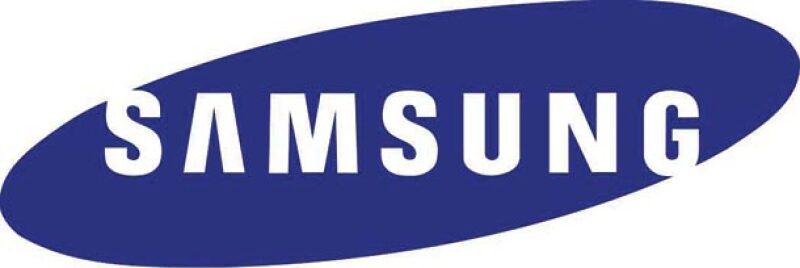
Florian Mueller on the FOSSpatents blog said this follows a decision by a majority of the circuit judges in early October to overturn a panel decision in Samsung's favour without any opportunity for further briefing.
“While the sudden reversal of fortunes in October was unbelievably surprising, it would have been a comparable surprise if the circuit judges had now admitted to not having followed proper procedures,” said Mueller. “There are petitions, ambitious petitions, long-shot petitions, and there are petitions like this one, which one might call ‘courtesy petitions’: they just show to the next higher court that a party really exhausted each and every opportunity to achieve a different result before a (further) appeal. It's like saying ‘we really didn't mean to bother you and look how hard we tried to avoid it but... what can we do?’”
TiVo and Netflix enter IP agreement
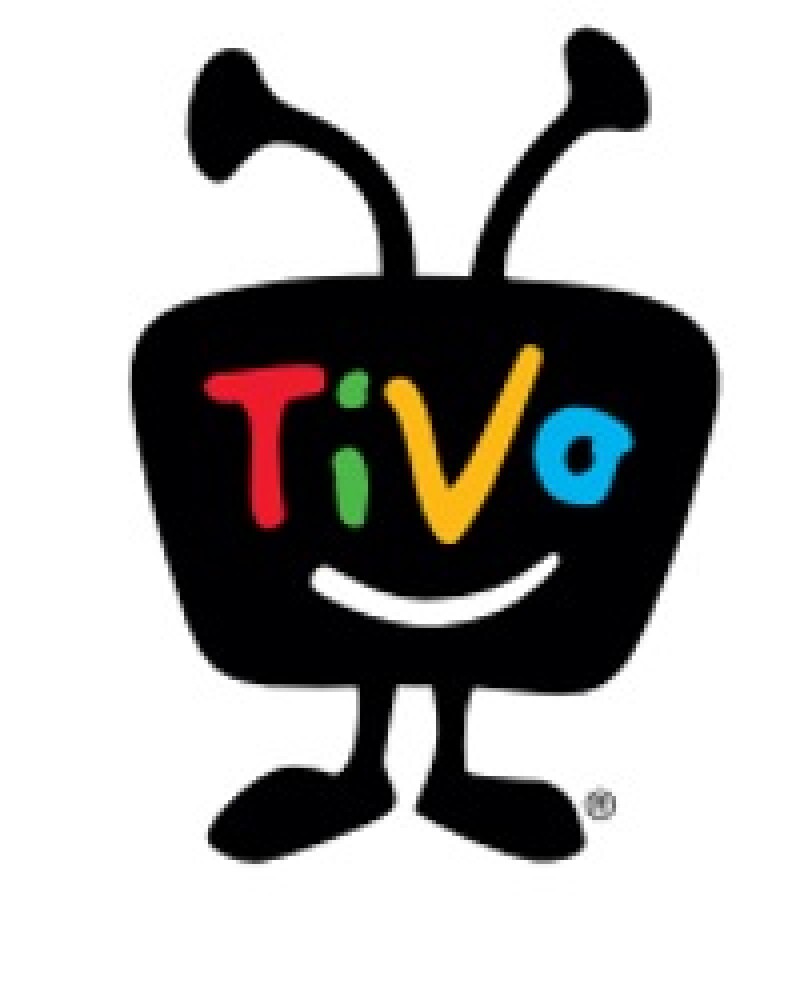
TiVo and Netflix have signed an intellectual property agreement that provides Netflix a licence to TiVo’s patent portfolios and a licence to the Intellectual Ventures patent portfolio for over-the-top offerings.
“This agreement represents one of the first licenses granted under the exclusive partnership with Intellectual Ventures announced earlier this year,” said the companies.
The companies also signed a separate product agreement calling for TiVo to continue integrating Netflix into TiVo set-top boxes available to consumers through a select number of pay-TV providers and retail stores.
Results of the post-grant outcomes pilot
The USPTO has announced the results of its post-grant outcomes pilot, focused on pending patent applications that are related to issued patents undergoing an America Invents Act (AIA) trial proceeding before the Patent Trial and Appeal Board (PTAB).
“We’d like to report that the Post Grant Outcomes Pilot has succeeded in making examiners aware of patents related to applications they are examining that are involved in PTAB trials, and in turn has facilitated the timely and effective examination of applications,” said PTAB Chief Judge David Ruschke (pictured below) and Commissioner for Patents Drew Hirschfeld in a blog post.
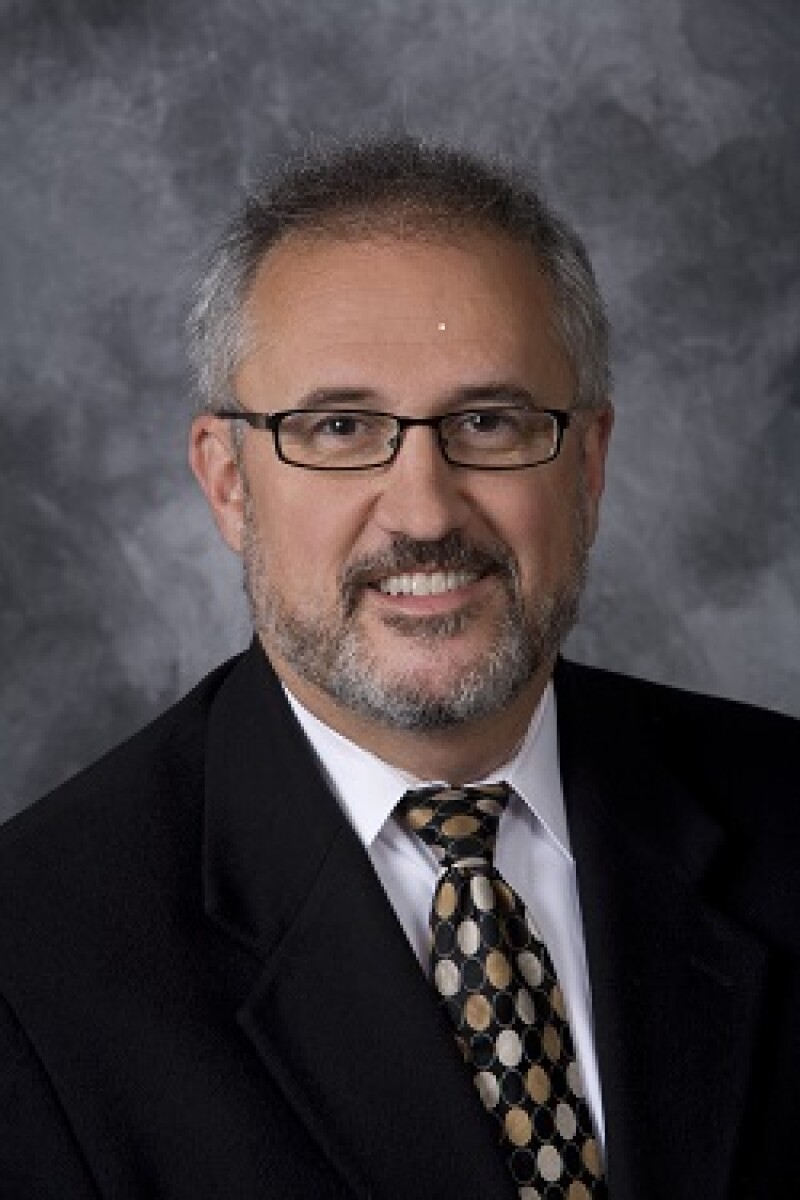
This pilot was intended to help examiners harness the art presented during AIA trials to enhance examination of a related application, so they could reach more expeditious decisions on patentability. During the pilot, the USPTO notified examiners via email when they had an application related to an AIA trial, and streamlined access to the contents of the trial by pinpointing for examiners the most relevant documents.
Examiners were surveyed on the results. They found the PTAB information – especially the initial petition (including the prior art citations), the PTAB’s institution decision, and any expert declarations – to be highly useful. Some 46% of the examiners referred to at least one reference cited in the AIA trial petition during the examination of their own case, either by citing it in a rejection or as pertinent prior art. If an examiner did not use or cite the prior art from the trial, it was most likely because the claims were different between the “parent” and the “child” case, the examiner disagreed with the AIA petitioner’s analysis of the prior art and/or claims, or the examiner was able to find better art.
In August 2016 the USPTO deployed an upgrade to examiners’ desktop application viewers which allows automated access to the contents of related AIA trials, including access to the entire file, and any cited prior art.
“Our next objective with regards to the post grant outcomes process is to identify examination best practices or deficiencies that we can address through additional examiner training,” said Ruschke and Hirschfeld. “To accomplish this, we are currently analysing data gathered about the AIA trials with respect to prior art searching and claim interpretation, and are also working to thoroughly analyse how PTAB trials impact related applications.”
Does the ITC have authority over trade secrets?
Orrick’s Trade Secrets Watch has highlighted a trade secrets case that is being petitioned to the Supreme Court: Sino Legend v ITC.
Sino Legend wants the high court to review whether Section 337 of the Tariff Act of 1930 that allows the ITC to adjudicate cases involving allegations of trade secret misappropriation taking place entirely in a foreign country.
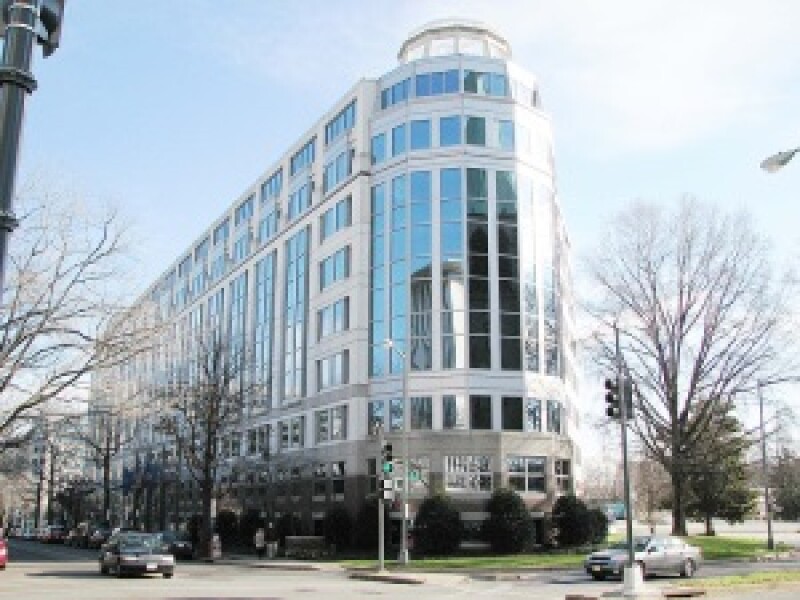
“Now, we wait to see if the Supreme Court will grant certiorari over Sino Legend’s petition,” said Orrick. “One important issue that the Supreme Court may choose to consider is one of comity. Right now, comity is discretionary and the ITC is not obligated to agree with foreign judgments. Because there is a Chinese Court decision ruling that Sino Legend did not misappropriate SI’s trade secrets (later affirmed on appeal) that is drastically different from the ITC’s finding of misappropriation, the Supreme Court may choose to scrutinise the issue of comity more closely than the Federal Circuit did in TianRui.”
In TianRiu, the Federal Circuit made clear that it did not detect any “conflict between the Commission’s actions and Chinese law that would counsel denying relief based on extraterritorial acts of trade secret misappropriation relating to the importation of goods affecting a domestic industry.”
Orrick said the ITC forum has been especially great for companies that wished to combat trade secret theft occurring outside of the US.
“Among other things, the ITC is fast (about half the time compared to federal court) and can exercise jurisdiction over foreign companies. This is beneficial for American companies that would otherwise have a difficult time initiating a case abroad due to complicated and unknown foreign laws and complicated Hague Convention requirements. In short, the TianRui decision provided an effective and less complicated means for enforcing trade secrets abroad.”
In potential patent cases at the Supreme Court, Patently-O has news:
